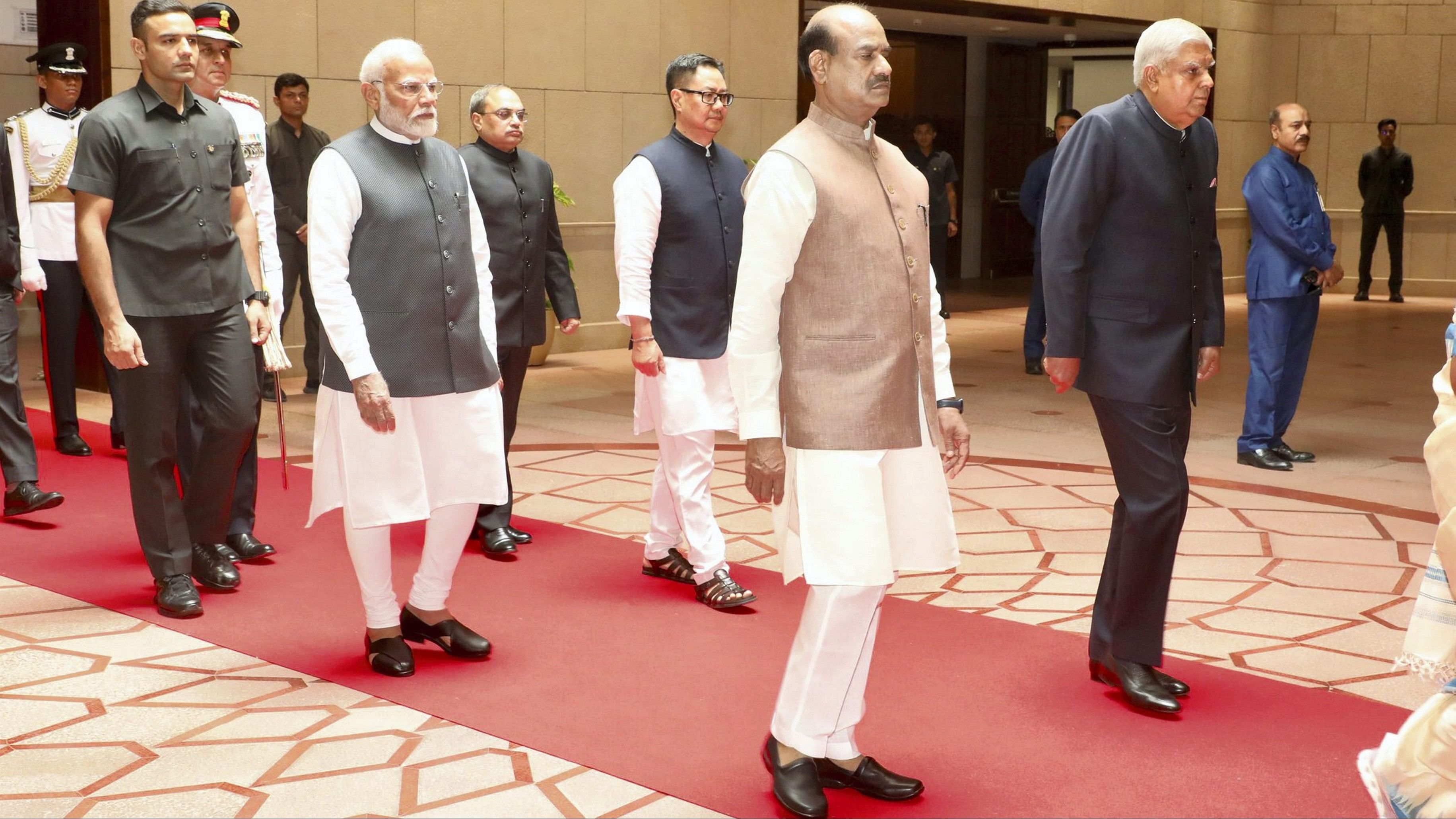
Lok Sabha Speaker Om Birla
Credit: PTI Photo
The election of the Speaker of the 18th Lok Sabha was a missed opportunity for the government to signal its willingness to work with the Opposition, and to make Parliament a forum for consensus rather than confrontation.
Prime Minister Narendra Modi had called for a consensus when he said that “to run the country, a consensus is of utmost importance.” But neither the government’s positions on the election of the Speaker nor the proceedings of the House show the ruling party and Modi following that line.
The Speaker was elected by a voice vote, and it was the first time in decades that an election was held for the post. This was because of the government’s unwillingness to concede the position of the Deputy Speaker to the Opposition.
In the past, the Opposition has held the position, underlining the principle that the House belongs to all, and not just to the ruling party.
Though the government held some consultations with the Opposition on choosing the Speaker, it was more to secure support for its nominee than to listen to the Opposition’s view and reach a consensus. It got the Speaker of the 17th Lok Sabha, Om Birla, re-elected.
The government may be using this move to project stability and continuity. But Birla’s tenure as Speaker in the last House was controversial. He invited much criticism for the way he conducted the House and handled the Opposition.
The last Lok Sabha saw many suspensions and disqualifications of members. In the winter session, many MPs were suspended, and 78 of them were suspended on a single day. Important laws were passed without the Opposition being given a say.
After he assumed office, Birla vowed to remain non-partisan and reminded members of the traditions of Parliament. But he also made a statement condemning the imposition of Emergency and naming former Prime Minister Indira Gandhi and the Congress for it.
The Emergency was an assault on democracy, and it cannot be defended. But the statement in the House appeared targeted at the Congress, and the Speaker should have refrained from making it. The current government has also used draconian powers reminiscent of the Emergency.
In fact, on the anniversary of the Emergency, there was a midnight knock to arrest an Opposition leader, Arvind Kejriwal, who was already in jail! The Speaker should ensure that Parliament is not used to undermine democracy, as it was during the Emergency.